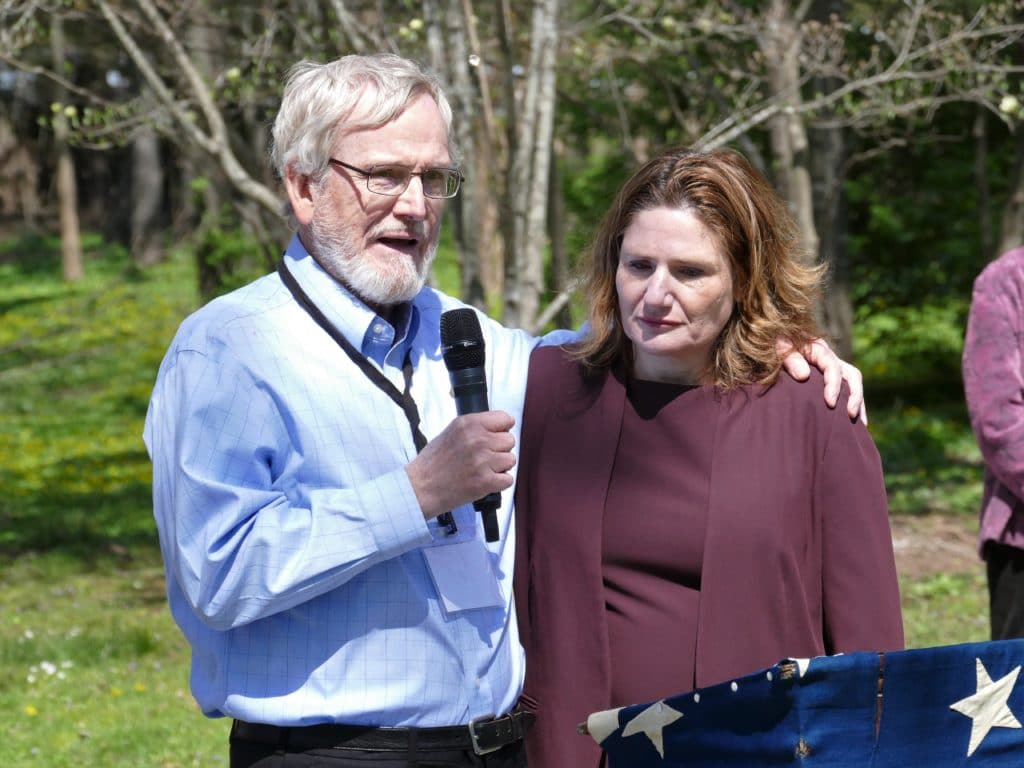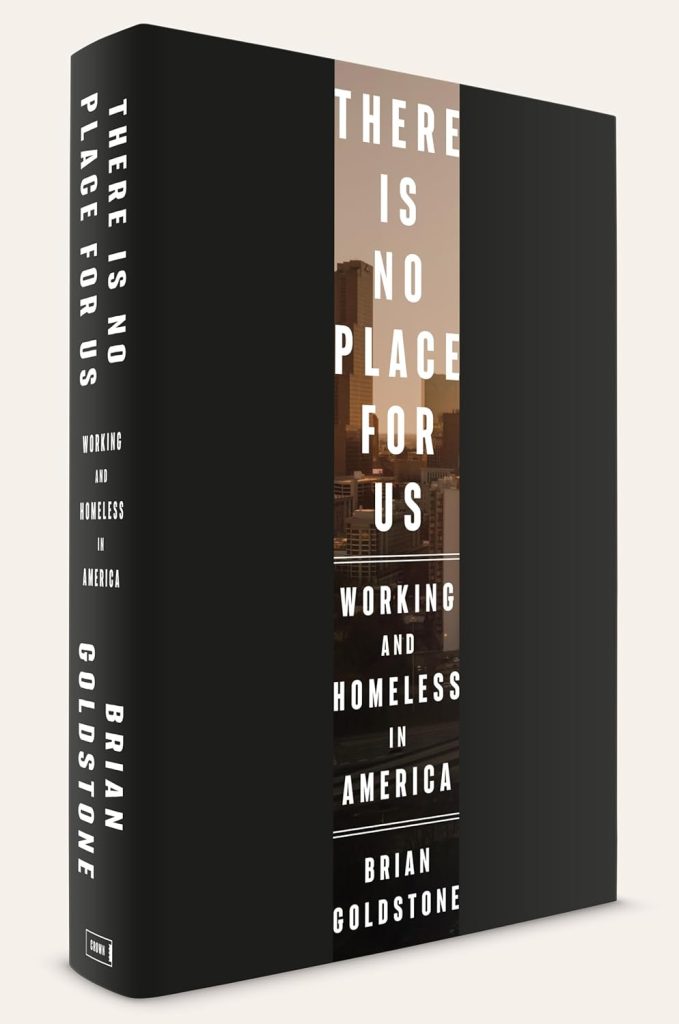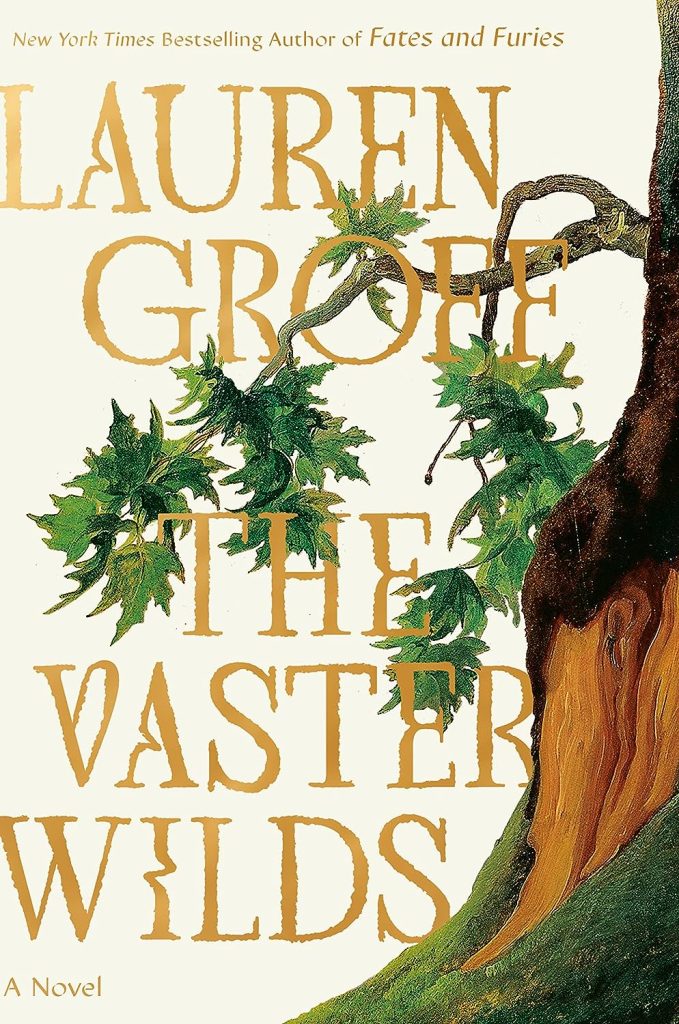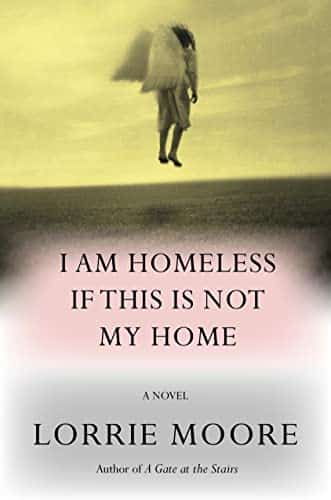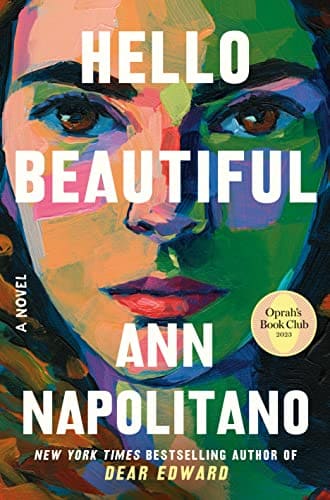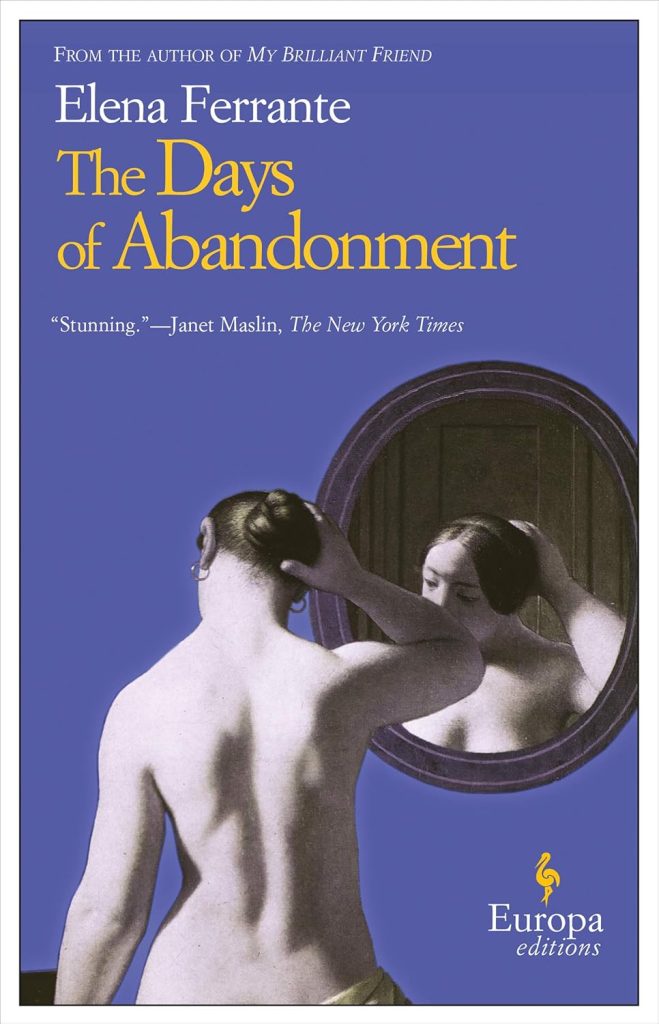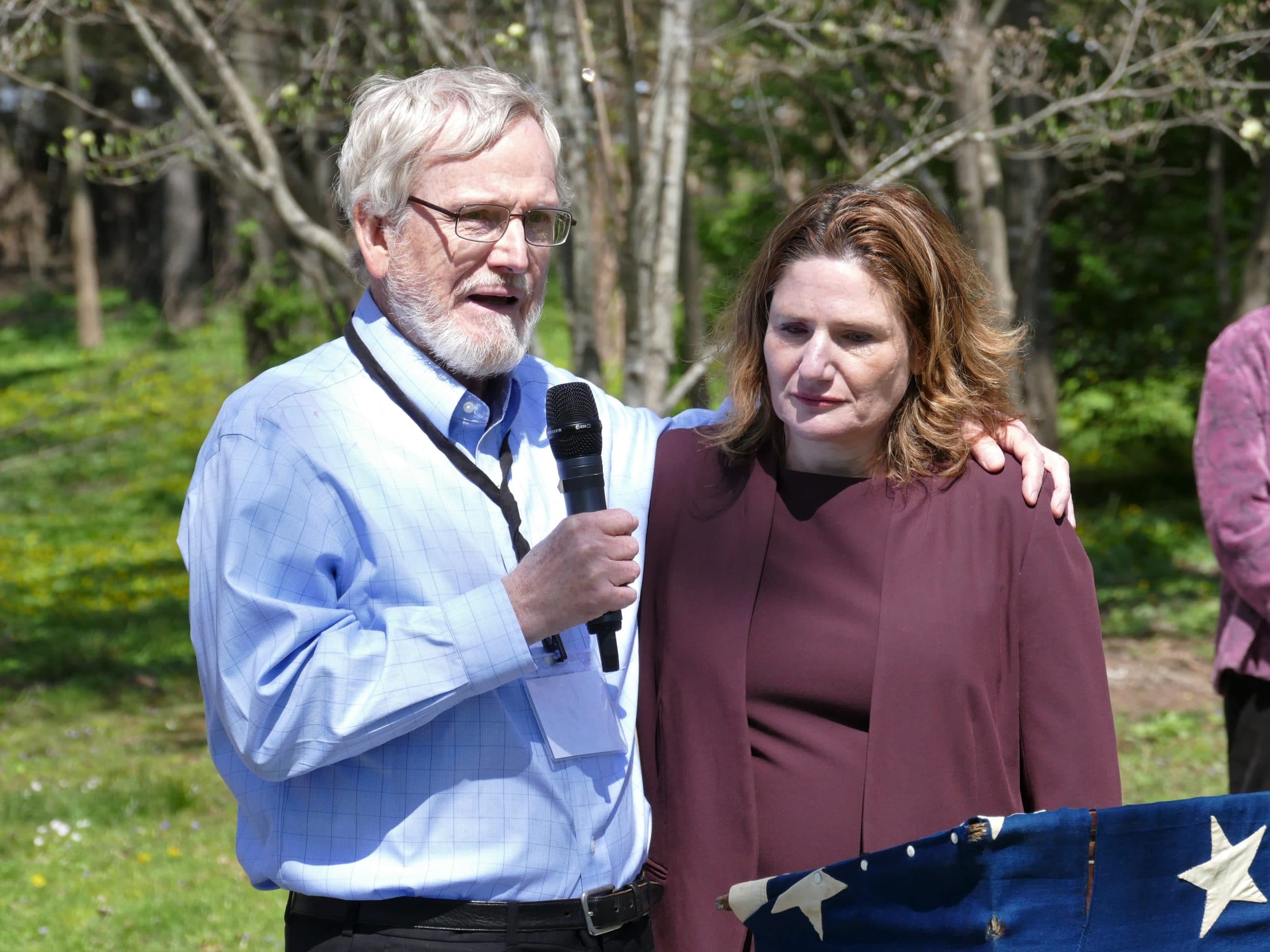
My Chrysalis Moment
Finding Meaning After Loss
Estimated reading time: 2 minutes, 24 secondsReflecting on the past can sometimes perplex us, struggling to comprehend what happened and why. The initial months of 2019 were a trying time for me when I relinquished full-time work and found myself at a loss for purpose. My wife’s lymphoma diagnosis necessitated my role as a full-time caregiver, and I embraced my newfound responsibilities with empathy and devotion. Four and a half years later, I must face the significant questions I had set aside to tend to my wife. However, the experience of caring for her and eventually becoming a widow has fortified me, making me feel more confident and capable of tackling these challenges head-on.
When I retired, I struggled with the same questions I faced after my wife passed – who am I, what do I want, and what should I do next? However, my experience as a caregiver provided me with valuable insights and answers. Rabbi Renee taught me the importance of giving love away, a critical lesson that helped me better understand myself and my desires. As a result, I am confident about moving forward.
I share her love to preserve my wife’s memory and legacy, inspired by Merrit Malloy’s Epitaph poem, which was read at both her and my funeral.
Love doesn’t die,
People do.
So, when all that’s left of me
Is love,
Give me away.
I share her love to avoid living in grief. Not because I no longer love her but because I love her more than ever. Sharing her love made me stronger.
After finding meaning after loss, I discovered purpose in life by responding to opportunities. For instance, I became a facilitator for a grief group on the brink of disbanding, rekindled old friendships and forged new ones, joined the Bridges Board of Trustees, improved my writing skills, and took longer walks than I ever imagined.
I am determined to progress toward my goals and am one step closer daily. My confidence comes from a solid foundation; I know I can achieve anything when I set my mind to my Northstar. Even though I am already content with the love and experiences in my life, finding a special someone to share it all with would be a fantastic bonus. Like a butterfly emerging from its chrysalis, I am ready to break free and soar towards my dreams.
The Jan Lilien Education Fund sponsors ongoing sustainability and environmental awareness programs. Gifts made this month; I will match dollar-for-dollar. All donations are tax-deductible.
I receive a commission when you buy a book or product using a link on this page. Thank you for supporting Sharing Jan’s Love blog.
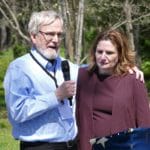
Why Am I Giving Her Love Away?
Finding Meaning After Loss
Estimated reading time: 2 minutes, 24 seconds
Bravely Facing the Unknowable Future
Finding Meaning After Loss
Estimated reading time: 2 minutes, 24 seconds

